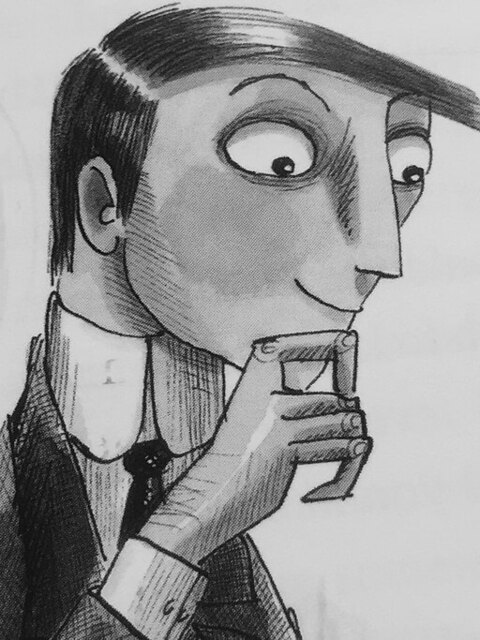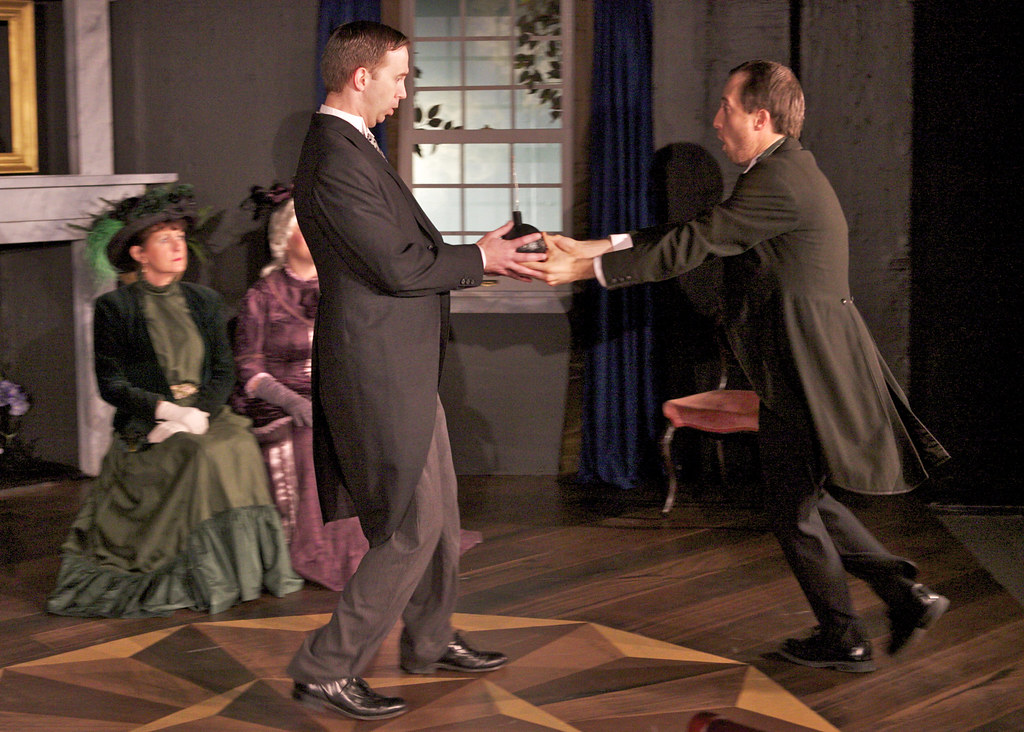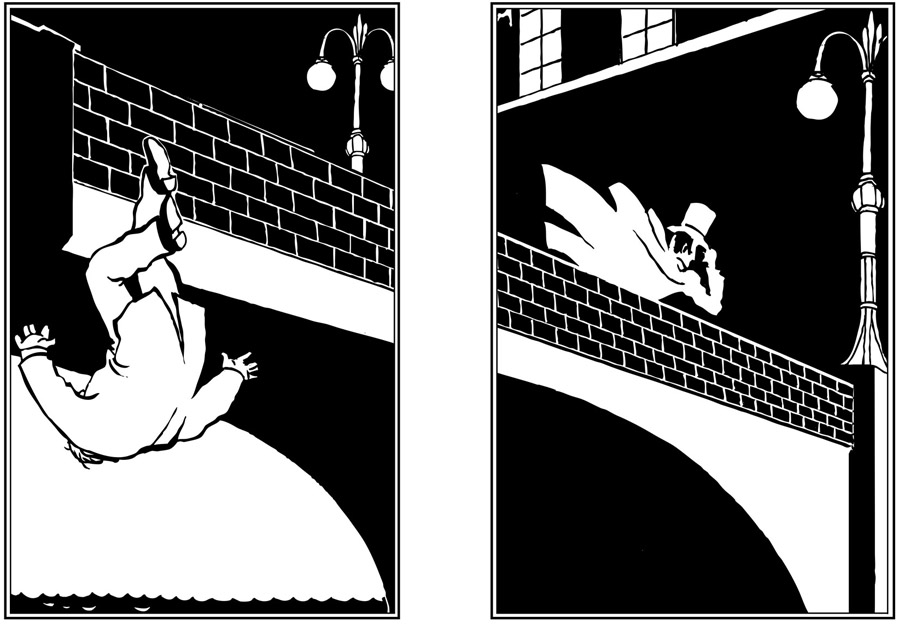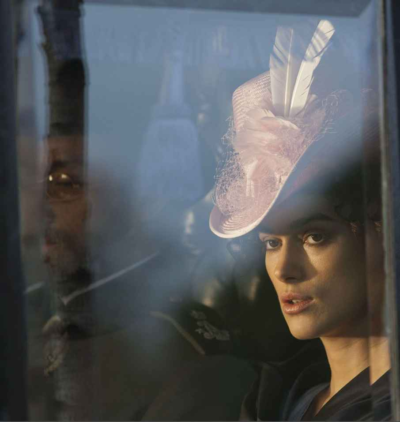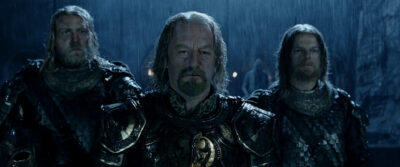This was a new literary piece for me. I chose the short story, Lord Arthur Savile’s Crime, by Oscar Wilde, as I thoroughly enjoyed De Profundis, the lengthy epistolary work that employed a stream of consciousness approach. I have seen the movie, The Picture of Dorian Gray, but have not read the book. I like Wilde’s writing style, the characters are so rich, his words give them life and depth beyond the words on the page. The following passage is an example of how Wilde so deftly crediting Sybil Merton, Lord Arthur’s fianceé, with such dimension without her character uttering a word.
“After breakfast, he flung himself down on a divan, and lit a cigarette. On the mantel-shelf, framed in dainty old brocade, stood a large photograph of Sybil Merton, as he had seen her first at Lady Noel’s ball. The small, exquisitely-shaped head drooped slightly to one side, as though the thin, reed-like throat could hardly bear the burden of so much beauty; the lips were slightly parted, and seemed made for sweet music; and all the tender purity of girlhood looked out in wonder from the dreaming eyes.”
Lord Arthur Savile’s Crime, Chapter 3
In Lord Arthur Savile’s Crime, I loosely expected a dramatic tale with a bit of irony, but to my surprise story world that came into view was filled with dramatic irony as the protagonist, Lord Arthur, has chosen to seal his own fate after a mere reading of his palm. The initial setting offers up a traditional societal view of London in the late nineteenth century. The opening takes the reader through the vivid characters at Lady Windermere’s reception at her home, Bentinck House in London. High society was presented just as expected; a Princess, Lords, ministers of the court, bejeweled wives of clever and well-appointed businessmen, and recipients of generational wealth rounded out the gallery. I mustn’t forget Lady Windermere’s muse of the moment; a cheiromantist, Mr. Podgers.
Dark Comedy Makes an Entrance
Dark comedy makes fun of serious subject matter such as sex, death, war, politics, and stereotypes. Dark comedy, or black humour was believed to be introduced by the Greeks, through Aristophanes comedies in the sixteenth century. The playwright wrote plays laden with political satire, and sparing no powerful players in society. Aristophanes is dubbed as “The Father of Comedy (study.com).”
The term black comedy was not coined until the twentieth century.
“The term didn’t technically originate until 1935 when Surrealist theorist André Breton was interpreting the works of Jonathan Swift. Swift is perhaps best known for his essay, A Modest Proposal, which satirically suggests that the Irish could solve their economic problems by selling their children to the wealthy as food.”
studiobinder.com
A very silly clip here of a Monty Python movie is strictly to make the audience laugh. This black humour makes light of crucifixion victims. Obviously, the only thing to be taken seriously is the level of absurdity this brings.
Another example of contemporary dark comedy is Wednesday, the series adaptation of The Adams Family. The series touches on death as a major element of comedy as well as physical brutality. The show is very well crafted and the audience is mostly taken by the storyline and production value, as tuning in to Wednesday is a guarantee of dark comedic subject matter.
The dark comedic value in Lord Arthur Savile’s Crime works very well with the storyworld. I did not know what to expect when I initially read this story. Oscar Wilde’s works are very varied in tone and tale.
Dramatic Irony
The characters play off each other with precision that depicts a well-defined and inviting storyworld. Wilde’s style of writing is both luxurious and economical all at once. We get insight into the characters and can rely on each one playing their societal roles to the hilt. After reading the palm of a guest at the regal event, Sir Thomas requested another reading.
‘Extraordinary!’ exclaimed Sir Thomas; ‘you must really tell my wife’s hand, too.“
Your second wife’s,’ said Mr. Podgers quietly, still keeping Sir Thomas’s hand in his. ‘Your second wife’s. I shall be charmed’; but Lady Marvel, a melancholy-looking woman, with brown hair and sentimental eyelashes, entirely declined to have her past or her future exposed; and nothing that Lady Windermere could do would induce Monsieur de Koloff, the Russian Ambassador, even to take his gloves off. In fact, many people seemed afraid to face the odd little man with his stereotyped smile, his gold spectacles, and his bright, beady eyes; and when he told poor Lady Fermor, right out before every one, that she did not care a bit for music, but was extremely fond of musicians, it was generally felt that cheiromancy was a most dangerous science, and one that ought not to be encouraged, except in a tête-à-tête”
Lord Arthur Savile’s Crime, Chapter 1
Wilde guides the reader right up to this moment with intrigue of a drama playing out. Shortly after this passage, the reader gets clued in that we know what Lord Arthur does not. The irony in this comes into focus as reader becomes keenly aware that we will be taken on a path where Lord Arthur is a tragic figure, except that the stakes in this fictional world are almost non-existent. The effect that Mr. Podgers has on Lord Arthur is the nugget of information the reader gets to see Lord Arthur through the lens of dramatic irony. The suggestion by Mr. Podgers that Lord Arthur Savile was a murderer by fate was taken far too earnestly, especially since it came about during a palm reading.
“Murder! that is what the cheiromantist had seen there. Murder! The very night seemed to know it, and the desolate wind to howl it in his ear. The dark corners of the streets were full of it. It grinned at him from the roofs of the houses.”
Lord Arthur Savile’s Crime, Chapter 1
In Angus Fletcher’s Introduction, there is a term he uses in in referring to the story world, stretch. According to Fletcher, “The stretch is the invention at the root of all literary wonder: the marvel that comes from stretching regular objects into metaphors, the dazzle that comes from stretching regular rhythms of speech into poetic meters, andthe awe that comes from stretching regular humans into heroes.”(Fletcher 3) In this case, without losing the basis of this very important concept, anti-hero. Fletcher also suggests that the this literary device is responsible for the reason the audience may be able to forget our regular inhibitions, limitations and suspension of disbelief.
The stretch is that there are virtually no consequences for Lord Arthur in this storyworld, yet this it is perfectly acceptable. Wilde has done a keen job of pulling the reader into this storyworld where walking away from murder and going on to live a life without a worry.
Absurdity, an Element of Comedy
The element of absurdity has been aligned with comedy as a rule. Guests respond in a variety of manners to the palmist, Mr. Podgers. Reactions vacillate between fear, excitement and trivial regarde. Lord Arthur takes his reading with the most grave seriousness when he learns he’s fated to be a murderer. This passage is very telling that a comedic, though dark, twist is coming. Lord Arthur begins to plot murder, so he can get it over with is the sign that there is a new tone to this story. Wilde’s writing is so illustrative of the story world.
“The only question that seemed to trouble him was, whom to make away with; for he was not blind to the fact that murder, like the religions of the Pagan world, requires a victim as well as a priest. Not being a genius, he had no enemies, and indeed he felt that this was not the time for the gratification of any personal pique or dislike, the mission in which he was engaged being one of great and grave solemnity. He accordingly made out a list of his friends and relatives on a sheet of notepaper, and after careful consideration, decided in favour of Lady Clementina Beauchamp, a dear old lady who lived in Curzon Street, and was his own second cousin by his mother’s side.”
Lord Arthur Savile’s Crime, Chapter 3
The cool and collected manner in which Lord Arthur plots the murder of his relative gives us an insight into the comedic value of this story. It is not a sense of evil, but of practicality, which in and of itself, is absurd. When he must move on to a second plot after failing in his first, Wilde does not disappoint. The non-gruesome, “light-fare” murder plotting is entertaining, and it reveals a storyworld in which the reader is allowed to consider Lord Arthur Savile’s actions to be almost benign.
When Lord Arthur decides on an impulse to murder Mr. Podgers, it is comical in the sense that he willing to do whatever it takes just to fulfill this prophecy, or destiny and move on with his life with his new bride, as if it’s inconsequential, which in this case, it is.
When the deed is done, all is well and happy in the world of Lord Arthur and his new wife. The framework of this world is one of dramedy. The way Wilde portrays the characters provoke thoughts beyond what is written. I don’t mean to say so deep that we get emotional, but there is a precision he has in provoking the imagination to see the characters fully. It was a fun story and the best part is when Lady Windermere makes her entrance a few years later and asks Lord Arthur, “You don’t mean to say that you believe in cheiromancy?”
Works Cited
Lord Arthur Savile’s Crime; The Portrait of Mr. W.H., and Other Stories. Retrieved February 16, 2024 https://gutenberg.org/cache/epub/773/pg773-images.html
Fletcher, Angus. “Introduction.” Wonderworks: The 25 Most Powerful Inventions in the History of Literature, First Edition, Simon & Schuster, 2021(Link to chapter here)
https://www.studiobinder.com/blog/what-is-black-comedy-definition/
https://study.com/academy/lesson/aristophanes-biography-plays-quiz.html
Featured Image
Oscar Wilde “Lord Arthur Savile’s Crime” Illustrated by David Roberts. All Rights Reserved.
